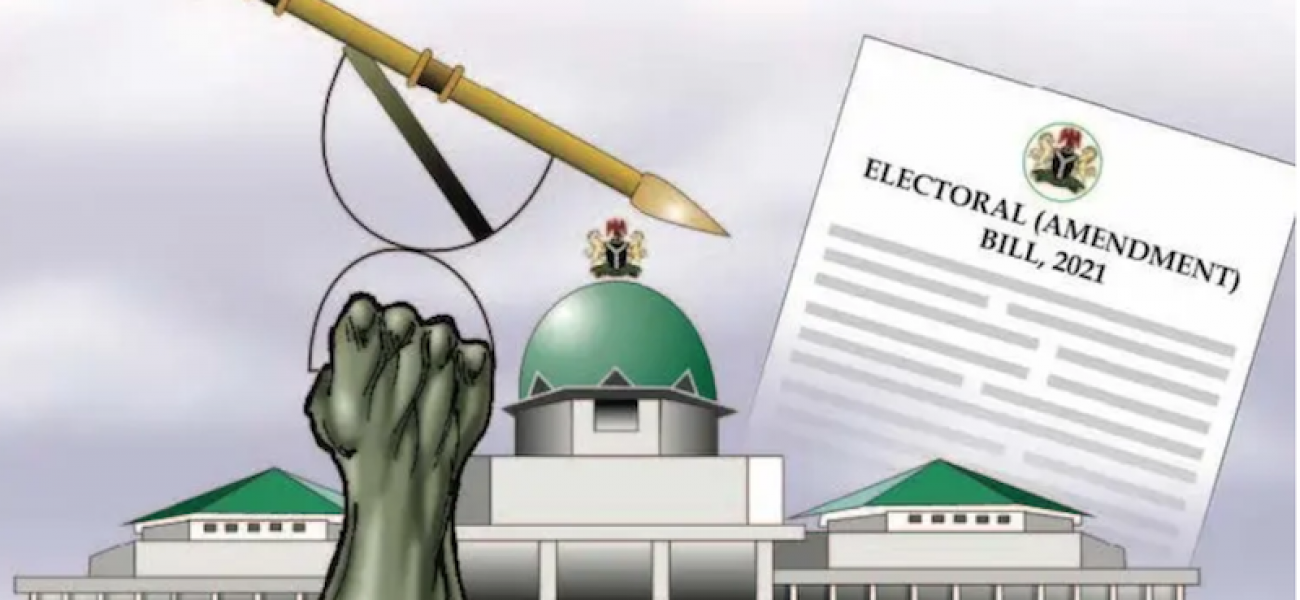The National Assembly resumed this week after its nearly one month end of year vacation. It resumes to its final full year of legislative duties. The 9th Assembly is expected to wind down mid 2023, after the general elections in the year. Although it is a full year, it is feared that legislative business will suffer in 2022 owing to politics, campaigns and election preparations. There is however, fear that the preparations for the elections faces the challenge of the uncertainty of electoral reform. The Electoral Bill 2021 which was passed by both houses of the National Assembly amid some controversy, was transmitted to the President on November 19, 2021 but vetoed when the President sent back communication to the National Assembly claiming that the non-inclusion of indirect primaries as an alternative mode for selection of candidates for elections, was going to cost a lot of money. According to the President, the National Assembly should in addition, to providing for direct primaries as it did, also provide for indirect primaries. In the President’s words:
“Asides its serious adverse legal, financial, economic and security consequences, the limitation or restriction of the nomination procedures available to political parties and their members constitutes an affront to the right to freedom of association. It is thus undemocratic to restrict the procedure or means of nomination of candidates by political parties, as it also amounts to undue interference in the affairs of political parties. Indirect primaries or collegiate elections are part of internationally accepted electoral practices.”
With the National Assembly resuming this week, pressure is building from stakeholders, particularly the Independent National Electoral Commission (INEC) and civil society organisations for the National Assembly to resolve the impasse over the bill. National Assembly members appear divided on the best response to the President’s veto. While some members are busy collecting signatures to override the President’s veto, others are calling for caution and for the legislators to take the President’s concerns to account, reintroduce indirect primaries into the bill and send back to the President for assent. These cautious legislators are worried that as happened just before the 2019 general elections, President Buhari may just be looking for any excuse to refuse signing the new Electoral Bill. The worry is that the hidden concern of the President may actually be some of the reform provisions in the Electoral Bill, especially provisions for the electronic transmission of election results and the use of technology in elections. The expectations of Nigerians is that the National Assembly will prioritise consideration for resolution to this matter, rather than the likely protracted attempt to override the President’s veto of the Electoral Bill. If the National Assembly take the option of acceding to the President’s request to include indirect primaries as an option for selection of candidates for elections in the Bill, it would not then be a protracted process. It should be noted that the Senate had previously included indirect primaries in the version that it had first passed. It removed this after the recommittal of the Bill and the passage of a new one during the controversy within its chambers about electronic transmission of results.
The Electoral Bill contains several provisions that address issues in the electoral system such as improved voting procedures for persons with Disabilities (PWDs), legal backing for the use of voting devices and electronic transmission of election results, among others. Nigerians worry that any further delays to the enactment of an electoral law for Nigeria will pose a serious threat to the conduct of the forthcoming 2023 Nigerian general elections.

